In a recent HR Heroes podcast, Gregg Brown, an expert in talent development shared his journey and thoughts on the evolving HR landscape. Thinking he wanted to be a teacher, Gregg quickly discovered he wanted to focus on adult education but sought something beyond traditional classroom teaching. His big break came when he joined the team opening the first wave of Starbucks stores in Canada. There, he found his passion for workplace talent development, realizing the importance of giving people the tools they need to thrive at work.
“It’s about performance and productivity,” he said, emphasizing the importance of equipping people with tools to thrive at work.
Soft Skills: The Hardest Skills to Master
Gregg highlighted the significance of interpersonal skills, which he views as harder to teach than technical abilities. “I can teach anyone to create a change management plan or strategic plan,” he explained, “but leading a team without authority? That’s much harder.”
Gregg emphasized that in today’s matrixed organizations, where influence often outweighs authority, developing interpersonal skills is critical for leaders. He highlighted the importance of clear communication and the ability to lead people toward a common goal, even when formal power is lacking.
HR: A Business Driver, Not Support
Gregg is adamant that HR professionals should see themselves as essential business drivers, not merely business support. “HR is a business driver,” Gregg asserted. “If you don’t have people, you don’t have a business. Stop speaking HR language and start contributing to the business conversation.”
He encouraged HR professionals to demonstrate their impact through measurable outcomes, such as reducing turnover or increasing engagement. This shift helps HR move away from being seen as a cost center and positions HR as central to organizational success – in more than words alone.
The Future of HR: AI, Gig Economy, and Leadership
Looking ahead, Gregg discussed four key trends shaping the future of HR:
- Artificial Intelligence: While AI can streamline tasks, it won’t replace human wisdom. Gregg warned of AI’s inherent biases and stressed the need for HR professionals to create policies around its use. “AI will free us up to do other types of work, but it won’t replace the human touch,” he said. ‘Tools do not replace wisdom.”
- Gig Economy and Flexible Work: Gregg noted that organizations are struggling to adapt to the growing gig economy, where employees increasingly seek short-term, flexible roles. “We need to shift how we structure work, not just for full-time employees, but for freelancers and contractors as well,” he advised.
- Clear Definitions of Harassment vs. Management: A major challenge Gregg sees in the HR landscape is the confusion between harassment and legitimate management. He highlighted the need for clearer communication and training to distinguish between the two, ensuring that leaders can address performance issues without being accused of inappropriate behaviour.
- Credentials vs. Competence: Lastly, Gregg discussed the evolving perception of education. “You can be education-smart but not street-smart,” he said, pointing out that many successful business leaders don’t hold advanced degrees. HR must find ways to evaluate talent beyond traditional credentials – especially in dealing with the talent shortage.
Moments That Matter
To close, Gregg shared a powerful example of leadership in action. A CEO chose to continue the salary of an employee diagnosed with cancer, despite company policies. “Moments like these matter,” he said. “They show leadership, compassion, and trust, which are the real drivers of a successful organization.”
For Gregg, these moments define a leader and build the trust that drives organizational success. “We spend most of our time at work,” he concluded, “so don’t we want those moments to count?”
Listen to the full HR Heroes episode here.

